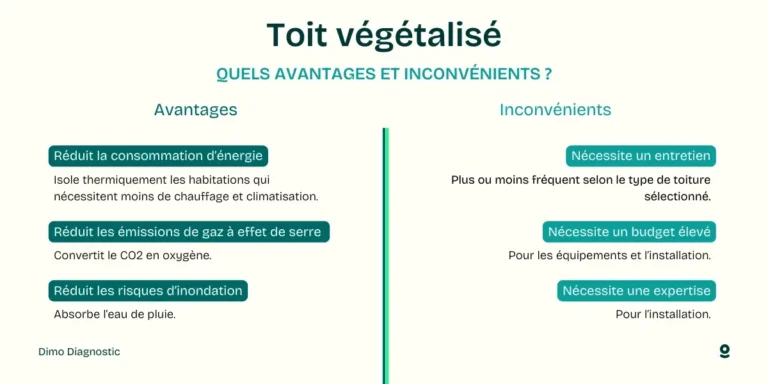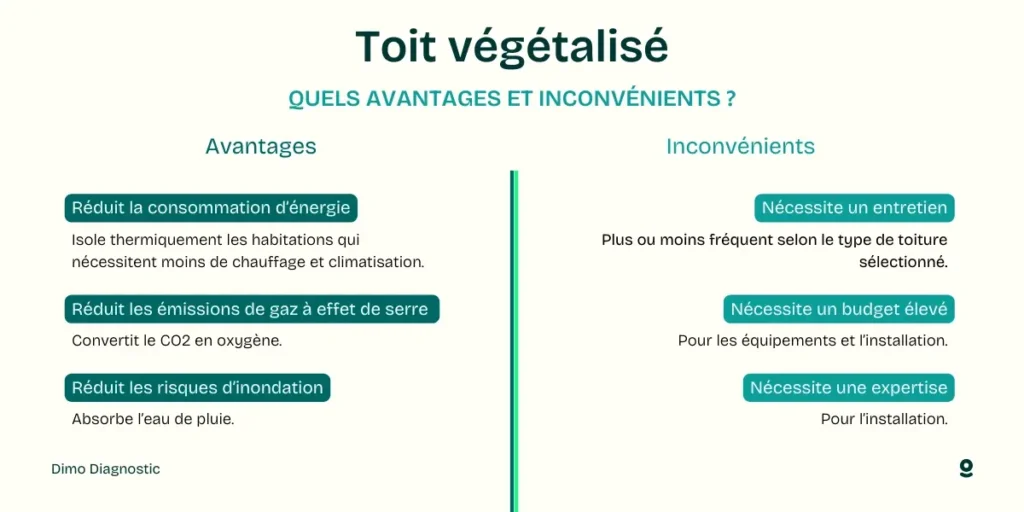The rise of intelligent building management systems is radically transforming the real estate sector, offering innovative solutions to improve energy efficiency and sustainability. This market, valued at $0.498 billion in 2023, shows impressive growth, with forecasts of growth at a CAGR of 13.7% by 2031. Through in-depth analysis, this overview reveals the key trends and dynamics propelling this industry into the future. Smart buildings, powered by advanced technologies, not only optimize resource management, but also redefine comfort and safety standards for users.
THE intelligent building management systems market is experiencing significant growth, with forecasts indicating a CAGR of 13.7% until 2031. In 2023, its value is estimated at $0.498 billion, and it is expected to reach several hundred billion in the years to come. This market is fueled by the growing demand for automation and in sustainable technologies, which meet the needs of a smart urbanization and optimal energy management. Automation and control systems not only improve energy efficiency, but also to offer integrated solutions for building management, thus strengthening their market value and their sustainability.

Table of Contents
ToggleSmart Building Management Systems Market Overview
The market for intelligent building management systems experienced rapid expansion, reaching impressive values. In 2023, it is estimated at approximately $0.498 billion and should propel itself towards $538.45 billion by 2031. This meteoric growth is the result of technological advances and increased awareness of the benefits of green buildings for energy efficiency and sustainability. Businesses and governments are increasingly investing in these technologies to maximize their profitability and reduce their carbon footprint.
Market growth prospects
The compound annual growth rate (CAGR) of the smart buildings is estimated at 13.7% by 2031. This is largely due to increasing sustainable building standards and growing demand for solutions that improve infrastructure management and control. Innovative tools and technological solutions, such as automation and control systems, play a considerable role in this dynamic. These tools not only optimize the use of resources, but also guarantee an optimal and safe working environment.
Impact of new technologies on the market
New innovations in the field of smart building technologies are significantly transforming the business landscape. For example, solutions such as technical building control (BMS) contribute to more efficient energy management. In addition, the smart office market, estimated at 51.63 billion USD by 2024, highlights the growing importance of sustainable solutions in modern architecture. With such a focus on innovation, the market is well positioned to continue growing in the near future.
















